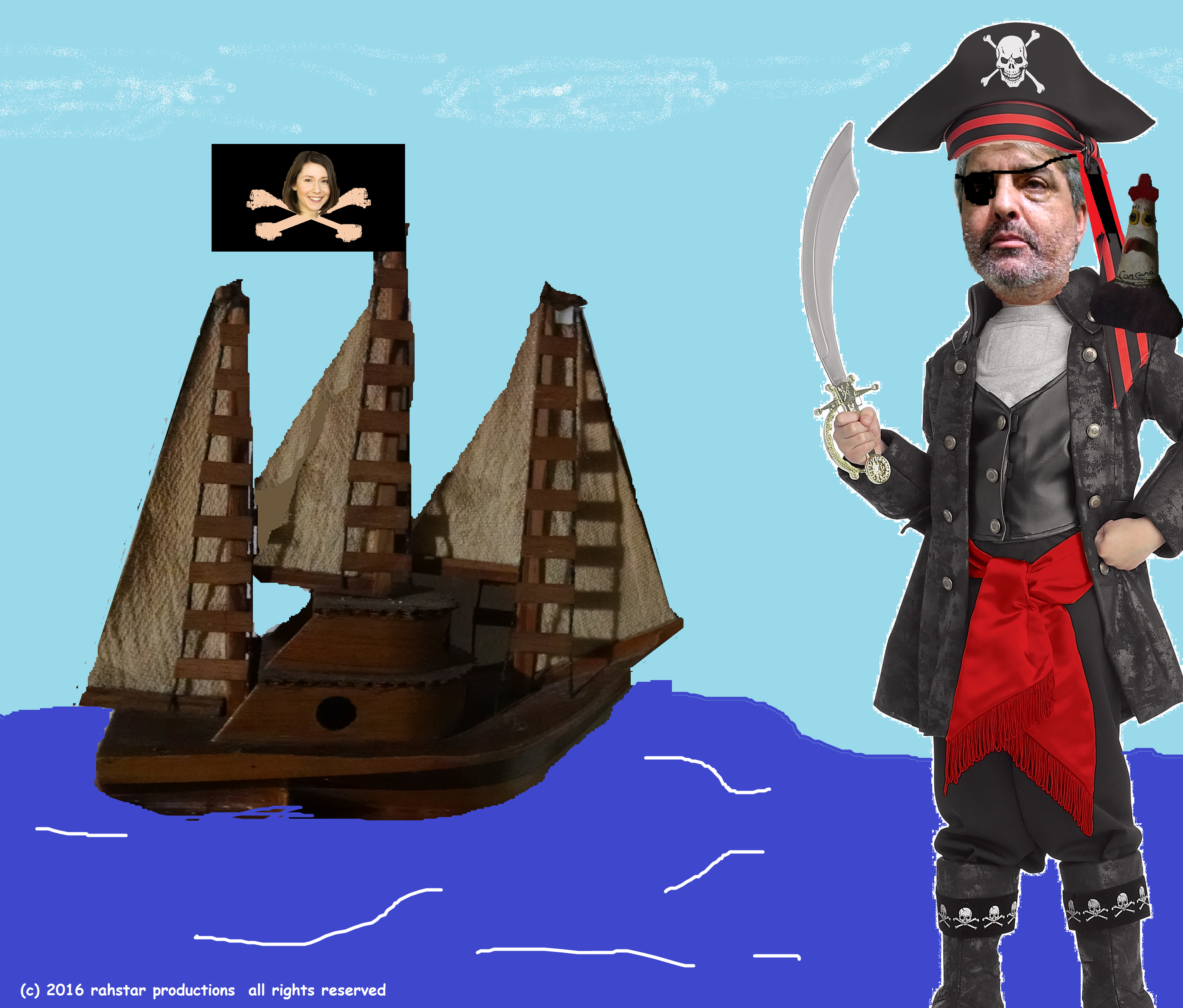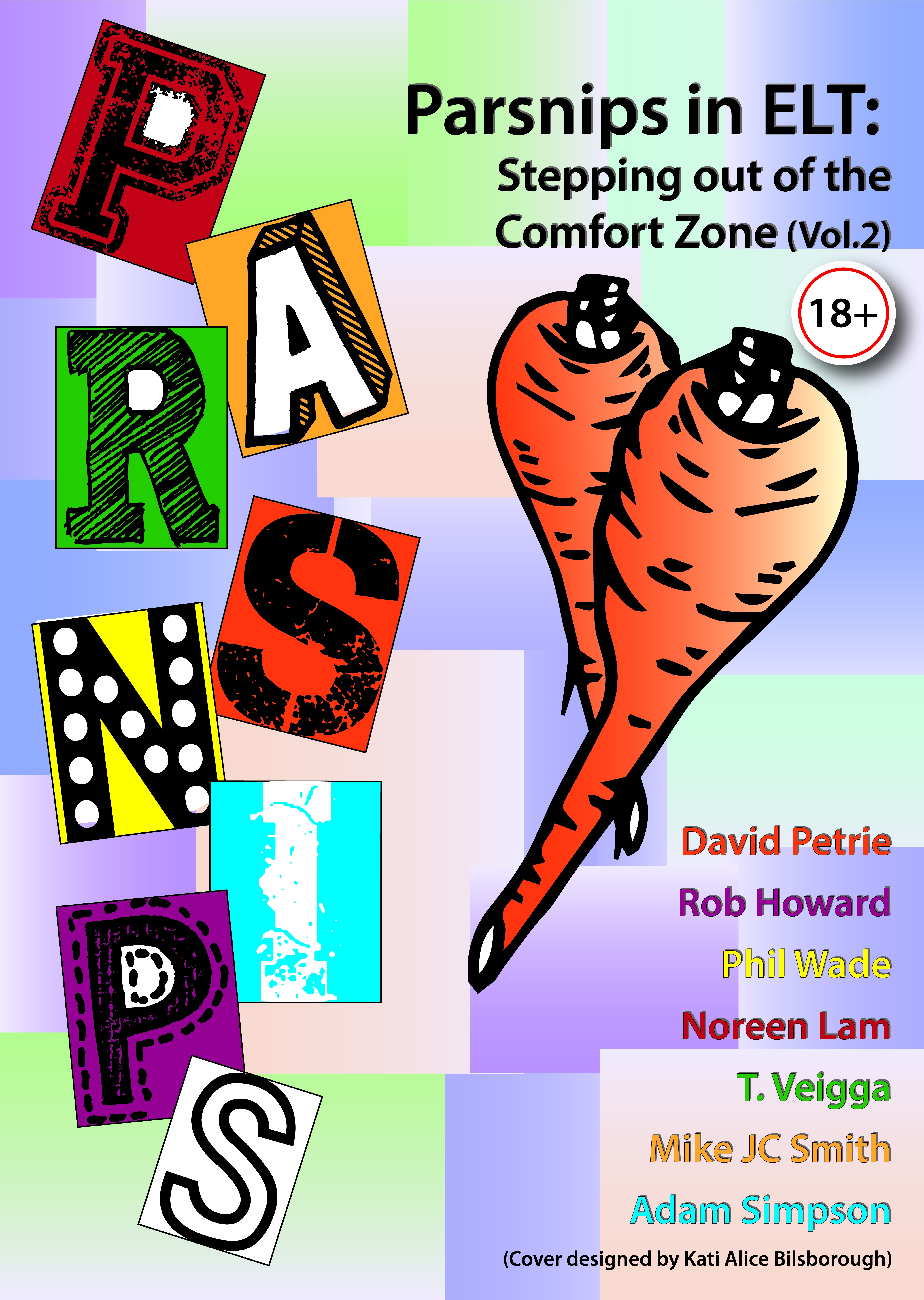 Is there compensation in making mistakes? You bet there is!! Simon and Rob share thoughts on making mistakes, and learning from them.
Is there compensation in making mistakes? You bet there is!! Simon and Rob share thoughts on making mistakes, and learning from them.
MAKING MISTAKES – By Simon Thompson
“We must not say every mistake is a foolish one.” – Cicero – Roman author, orator, and politician (106 BC – 43 BC)
Nobody likes to get it wrong. When we make errors and mistakes we show our flaws and weaknesses; we often feel embarrassed, or worry that we have embarrassed others. We want to feel confident and we want others to be confident in us. Yet, it is impossible to learn to speak a second language without making mistakes.
“The greatest mistake a man can ever make is to be afraid of making one.” – Elbert Hubbard – North American writer and philosopher (1856-1915)
As language learners we have to accept (and embrace) the idea that we are going to make mistakes. Of course, we shouldn´t be making it our goal to get things wrong, but we shouldn´t give ourselves a hard time about doing something which is a necessary step towards refining and honing our language skills.
“To err is human; to forgive, divine.” – Alexander Pope – British poet (1688-1744)
We have to learn to forgive ourselves when we get something wrong. It is necessary to practice, to repeat and to get used to saying something right. We often realize we have said something wrong only after we have heard or seen it. In these instances we can correct ourselves. When we are unaware that we are making mistakes, others can correct us.
“A man’s errors are his portals of discovery.” – James Joyce – Irish poet and novelist (1882-1941)
There is a fear that if we say something wrong often enough, it will start to become a habit which we will find difficult to get out of later. This however, should not intimidate us. As long as we are pushing the boundaries and striving to use new language we have picked up we can only continue to become more expressive.
“A life spent making mistakes is not only more honorable, but more useful than a life spent doing nothing.” – George Bernard Shaw – Irish playwright (1856-1950)
We also have to accept that we will continue to make mistakes – not just when we are starting out (like a toddler learning to take his first steps) but for as long as we continue to improve, because the process of language learning is ongoing.
“All men make mistakes, but only wise men learn from their mistakes.” – Winston Churchill – British politician (1874-1965)
When young children learn their own mother tongue they are usually much less inhibited than adults – they repeat what they hear and are not shy to make grammar and pronunciation mistakes while they build up their language base. To some degree we must become more like infants in our approach to language learning if we want to improve faster.
“Even monkeys fall from trees.” – Japanese proverb
SELF CORRECTION – By Rob Howard
Epictetus said, “You have two ears and one mouth so that we can listen twice as much as we speak.” Susan Cain modernized it and added “… we should use them proportionally.” As a sales manager in my earlier days, I often used this quote to train my sales people. It is an important part of proper communication. In the years since, with this quote in mind, I have come to notice that when students communicate, they pay more attention to what they say, and when they commit errors in language, they usually hear them and self-correct.
“Your best teacher is your last mistake.” – Ralph Nader – American activist and author (1934- )
My theory is that our ears, and brain, act like your computer’s auto-correct. When we speak, it’s like typing. Out comes the first thing that pops into our head. Our ears, the auto-correct, kick in and monitor what we have said, catching the mistake, and flag the brain to correct it. We eventually learn not to make the mistake. This is wonderful evidence that through our mistakes, we learn.
Mind you, this can only occur if we try in the first place. People who don’t try and don’t take risks, don’t make the mistakes early on during their learning process, aren’t corrected, therefore, they tend to continue with these errors forever. We call this fossilization. These “bad habits” are harder to fix with an “experienced” speaker than the basic mistakes made by students in their early stages of development. To you, this means you must throw caution to the wind and try.
Lose the pride, lose the fear and jump right in. If we stopped trying to walk because we often fell as toddlers, we would all be crawling still!
Simon Thompson is a teacher for Online Language Center. He has been teaching English as a foreign language for many years throughout the world. He brings a professional background in IT and Systems Design as well as his experience as an accomplished professional artist. Originally from London in the UK, he lives in Curitiba, Brazil.
Rob Howard is the owner of Online Language Center. He is a teacher, tutor, trainer, material designer and author for English as a foreign language. He is also a consultant and has been a frequent speaker internationally regarding online retention as well as using technology in and out of the classroom. Originally from Boston, Massachusetts in the U.S., he is currently residing in Rio de Janeiro, Brazil. You may e-mail him at rob@onlinelanguagecenter.com.












Leave a comment